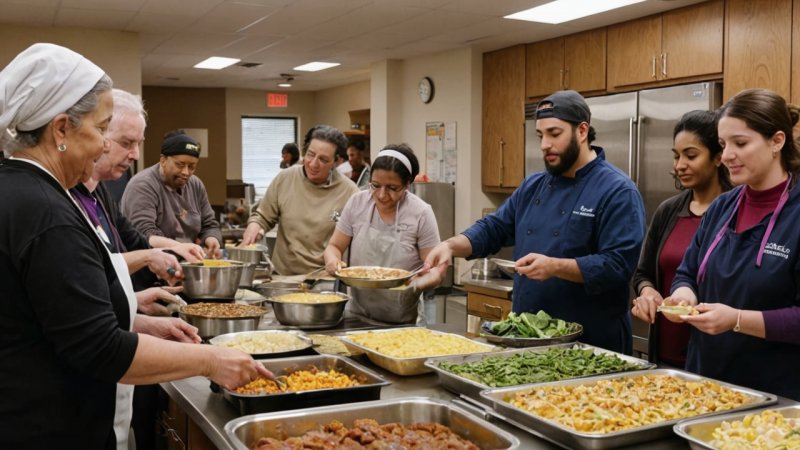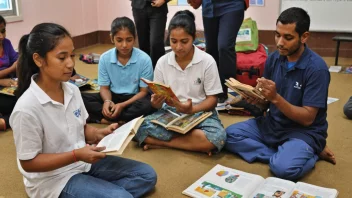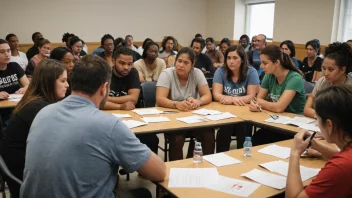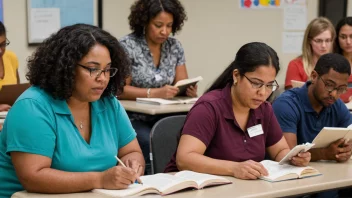In a world where poverty continues to afflict millions, faith-based organizations (FBOs) play a crucial role in alleviating suffering and fostering hope. These organizations, driven by a commitment to serve humanity, often leverage their spiritual foundations to mobilize resources, volunteers, and community support. This article explores how FBOs contribute to poverty alleviation and how individuals can engage with these initiatives.
FBOs operate on the belief that every individual deserves dignity and a chance to thrive. By integrating spiritual guidance with practical support, they address various aspects of poverty, including hunger, education, and health care. Many FBOs provide essential services such as food banks, shelters, and medical clinics, reaching underserved populations that might otherwise fall through the cracks of social services.
One significant aspect of FBOs is their ability to foster community engagement. They often serve as hubs for volunteers, allowing individuals to contribute their time and skills to help those in need. Community service initiatives organized by these organizations not only provide direct assistance but also strengthen social bonds among community members. For instance, local churches or mosques may organize food drives, clothing donations, or educational programs, inviting everyone to participate regardless of their faith.
Education and literacy programs are another critical area where FBOs make an impact. Many faith-based organizations run after-school tutoring programs, adult literacy classes, and vocational training. By equipping individuals with knowledge and skills, they empower them to break the cycle of poverty. This educational focus often includes moral and ethical teachings, reinforcing the values of hard work and community service.
Moreover, FBOs are often at the forefront of disaster relief efforts. When natural disasters strike, these organizations mobilize quickly, providing emergency supplies and shelter to affected populations. Their established networks and community trust allow them to deliver aid effectively and efficiently. Whether it’s responding to a hurricane, earthquake, or refugee crisis, FBOs demonstrate remarkable resilience and compassion in times of need.
It’s also essential to acknowledge the role of FBOs in advocating for social justice. Many organizations are vocal about systemic issues that perpetuate poverty, such as inequality and discrimination. They work to raise awareness and influence policy changes by leveraging their moral authority. This advocacy work is vital for creating lasting change and addressing the root causes of poverty.
Individuals looking to get involved can start by volunteering with local FBOs or participating in community service projects. Engaging with these organizations not only helps those in need but also fosters a sense of purpose and belonging within the community. Even small actions, such as donating time or sharing resources, can make a significant difference in the lives of others.
In conclusion, faith-based organizations are pivotal in the fight against poverty. Their holistic approach, combining spiritual values with tangible support, addresses immediate needs while fostering long-term change. By getting involved with these organizations, individuals can contribute to a more just and compassionate world. Together, we can create pathways out of poverty and uplift our communities.






